
Identity theft is a problem that has been around for as long as there have been people stealing identities. Bust in today’s digital age, it’s easier than ever for thieves to steal your personal information and use it to take over your life.
Protecting yourself against identity theft isn’t something you can do all on your own. It would help if you worked with others in your community—like the police department or a local business association—to ensure everyone stays safe.
In this article, we’ll discuss tips to help you to know how identity theft online can be prevented and keep your personal information safe.
About identity theft online
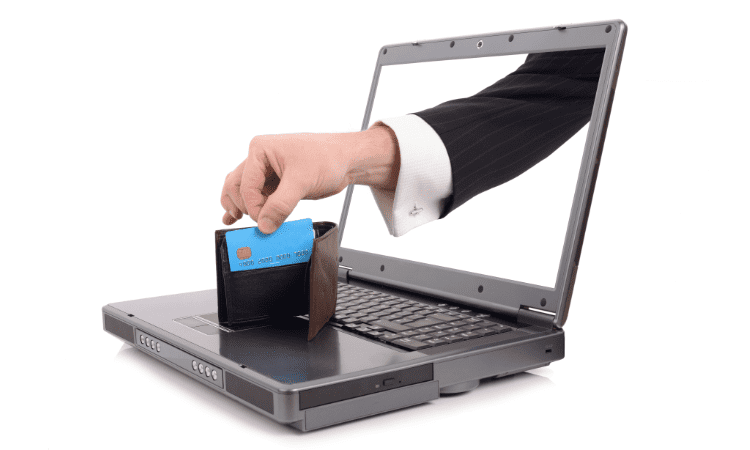
Identity theft is a crime in which someone steals your personally identifying information, such as your name, social security number, or credit card number. The thief can then use this information to open new accounts in your name, charge items to your accounts, or even steal your money.
Identity theft most commonly occurs when someone steals your credit card information and uses it to purchase things online or by phone. It also occurs when someone steals personal identifying information from a company you’ve done business with, such as a utility company or bank.
Identity thieves may even trick you into giving them personal information over the phone or online. They might pose as a representative from a bank or other organization and ask you for account numbers and passwords so they can “fix” problems with your account.
How are identities stolen
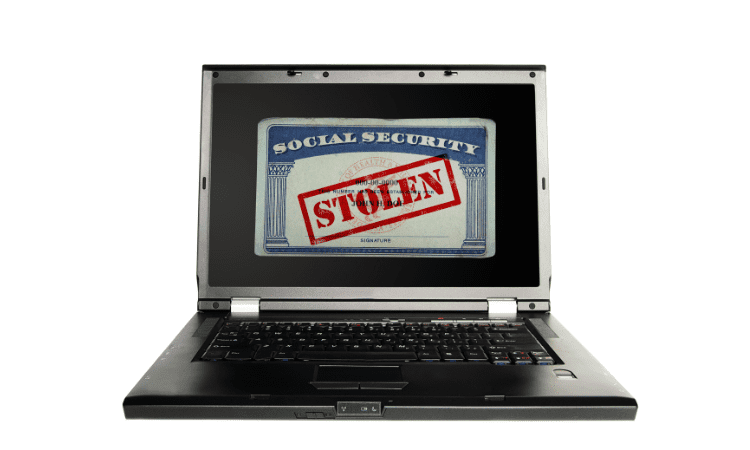
Identity theft is a serious crime that can have long-lasting effects on your life. It’s important to be aware of the ways someone might try to steal your identity, and how you can protect yourself from these crimes.
There are several ways that someone can steal your identity online:
They can use your data from an online service (like Facebook or Twitter) to make new accounts in your name.
It is also possible that they can buy information about you from a data broker, then use it to create fake accounts.
They can create fake websites with names like “yourbank.com” and trick people into entering their passwords and other sensitive information.
There are high possibilities that they can compromise your computer’s security by installing malware that records everything you type on your computer and sends it back to them for later use in stealing identities. They may also be able to access files on your computer or use the webcam to take pictures of you while you’re working at home or doing other things that could help them impersonate you later on.
Tips to prevent identity theft online
Use strong passwords
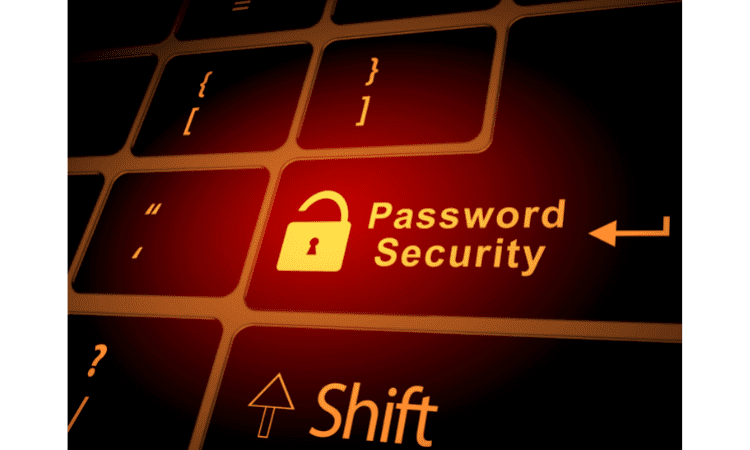
Strong passwords are a key factor in preventing identity theft online. Always use unique passwords for your various accounts, and make sure they aren’t easy to guess. The best passwords are long and contain a mix of letters, numbers, and symbols. Also, don’t use the same password for everything. If you have to remember all your passwords, it’s hard to keep track of which one goes where. A password manager like 1Password can help you manage this process. These programs generate strong passwords for you and store them securely—so you only have one password to remember.
Protect your computer and smartphone with strong software
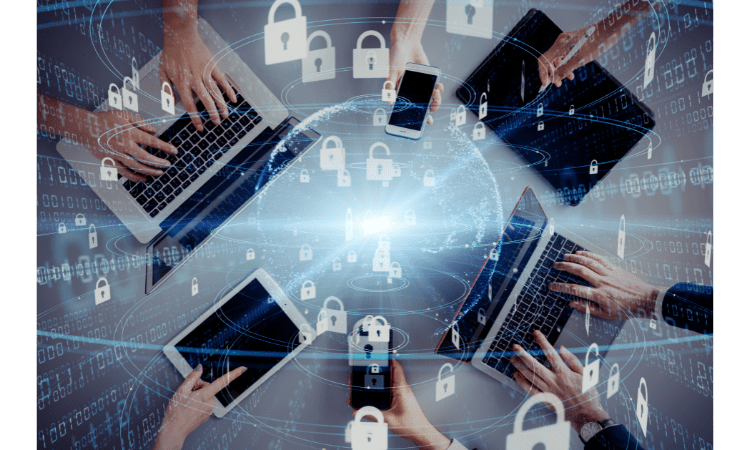
There are a number of ways you can protect yourself against identity theft. The first step is to make sure that your computer and smartphone have strong, updated software. This will help protect hackers from getting into your device and stealing your information. You can protect your computer by using a security program that’s designed to block malicious software and protect hackers from stealing your information. You should also make sure to update your operating system regularly to ensure it has the latest security updates.
Mobile devices are often targeted by hackers, so it’s important to take precautions to ensure they’re safe. For example, you can set up a passcode so that only you can access the device, or install an app that tracks the location of your phone if it gets lost or stolen.
You can also use encryption software on mobile devices such as laptops or tablets so that if they get lost or stolen no one else can access your private information. This will help prevent identity theft when these devices fall into the wrong hands.
Monitor your credit scores
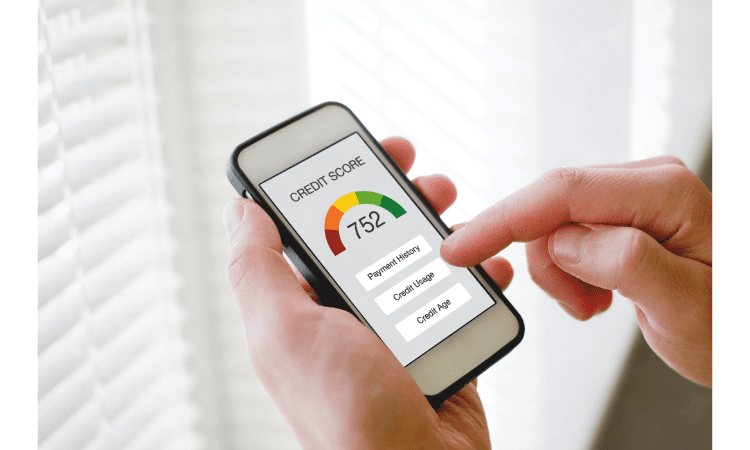
It’s important to monitor your credit scores, so you can catch problems before they affect you. If you suspect something is wrong with your credit score, it’s best to contact the company that provided the score and ask them to look into it.
You can also check your credit reports directly through the three credit bureaus: Experian, TransUnion, and Equifax. You can order one free report from each bureau every 12 months (but remember that these are different than your credit scores). The report will show whether there are any errors in your file, as well as what information creditors have on file about you.
If there is an error or any suspicious activity on your report, call the number listed at the top of each credit report for help resolving issues quickly.
Learn to spot spam and scams

Spam and scams are everywhere online, and it’s important that you know how to identify them. Spam is any unwanted email or text message that is sent without your permission. It may be a “special offer” from a company you don’t recognize or a solicitation to buy something you don’t want.
Scams are designed to trick you into giving out your personal information, money, or credit card number by making false promises. They often target people who have lost money in the past or who have been scammed before. Scammers will try to get you to give them money by sending an email that looks like it’s coming from your bank or another financial institution, asking for more information about your account.
Don’t give out personal information over the phone unless you initiated the call and know who’s on the other end of it. If someone calls asking for your Social Security number or credit card number, hang up.
Freeze your credit

Identity theft is a real danger, and it’s becoming more common every day. Luckily, there are some steps you can take to protect yourself and protect identity theft online.
The first thing you should do is freeze your credit. This will protect new accounts from being opened in your name without your permission. It also means that if someone tries to open an account in your name, they’ll be unable to do so—and that’s how you’ll find out about it.
When you freeze your credit, you’ll be given a personal identification number (PIN) that lets you “thaw” your credit at any time—for instance, if you want to apply for a new loan or credit card. You can also use this PIN to lock down access again if someone tries to open an account in your name or makes changes to one of the accounts that are already on file.
Only use reputed websites when making purchases

The best way to prevent identity theft online is to only use reputable websites.
If you’re shopping online, make sure the website you are using is secure. Look for the padlock symbol in the address bar of your browser, or for “https” instead of just “http” at the beginning of the web address.
You can also check out sites like Trustwave and McAfee SiteAdvisor to see how well-known a site is. If it’s not well known, there’s a good chance that it doesn’t have a good security system in place—and that means you might be putting yourself at risk. Finally, make sure that any email addresses associated with accounts on popular social media platforms like Facebook or Twitter are protected by two-factor authentication (2FA). This means that if someone tries logging into an account using only their password alone, they’ll have to provide an additional form of identification before being allowed access—often via a text message sent from a phone number provided by the account holder during registration.
Conclusion
In conclusion, identity theft is a huge problem that affects millions of people every year. Whether you’re a victim or not, it’s important to know how to protect yourself from becoming one.
There are many steps you can take to help you prevent identity theft online and keep your personal information safe. By following the advice laid out in this article, you’ll be able to keep your information secure so that no one can steal your identity or cause problems for you with their own.











